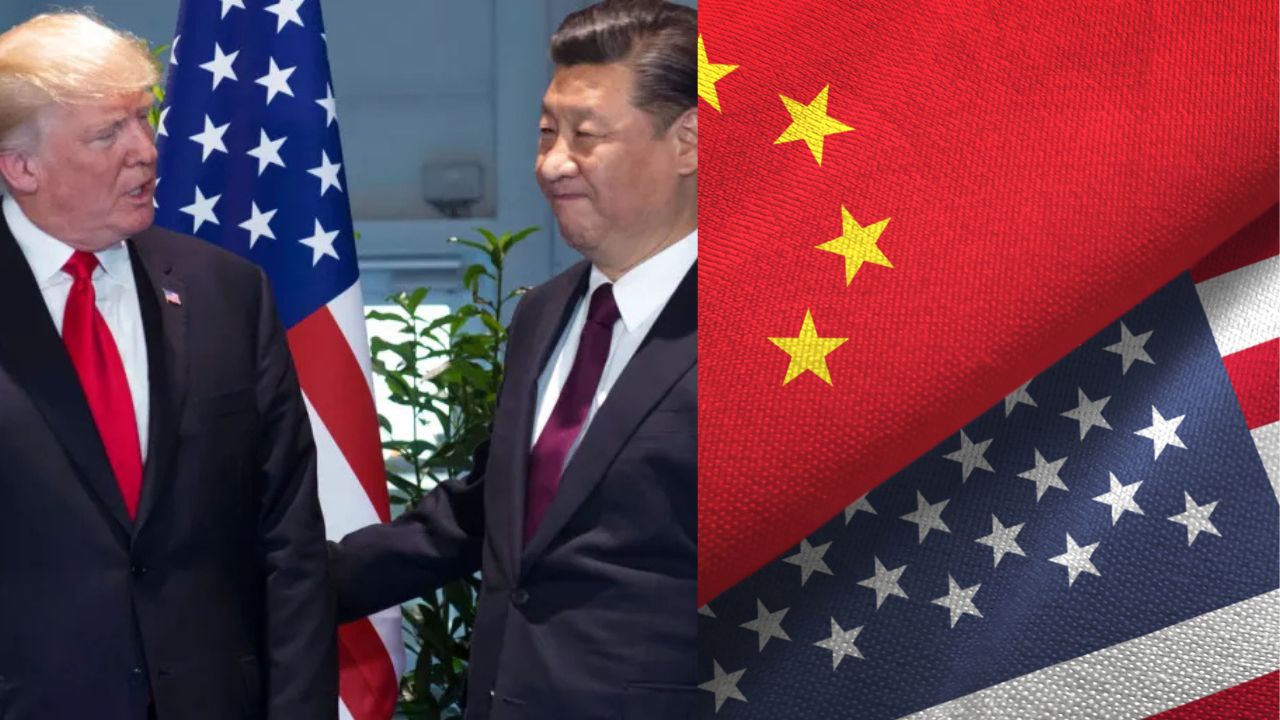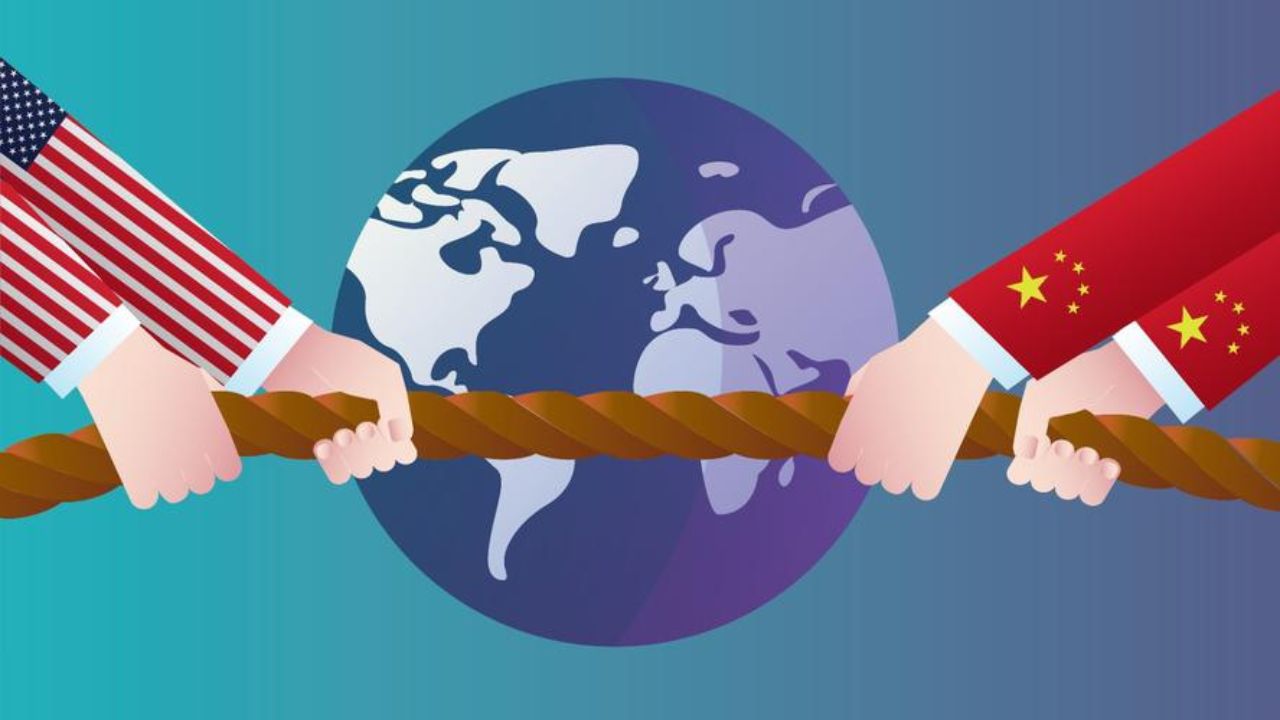 English
English

China lashes out at the US over a shocking 100% tariff, calling it ‘double standards.’ Will Beijing retaliate or hold back? Global markets watch nervously as tensions between the world’s two biggest economies soar.

China bashes US after new 100% tariff announcement
Beijing: China on Saturday strongly condemned the United States’ announcement of an additional 100% tariff on Chinese imports, calling it a “classic case of double standards” and warning that Beijing would not be intimidated.
The new tariff, set to take effect on November 1, is a response to China’s recent export restrictions on rare-earth minerals, which are essential for a range of high-tech industries, including electronics, renewable energy, and defense.
Trump slams China’s ‘Rare Earth’ export curbs, warns of economic retaliation
A spokesperson for China’s Ministry of Commerce said the US measure undermines the principles of fair trade and disrupts global supply chains.
“Threatening high tariffs at every turn is not the correct approach to engaging with China,” the spokesperson said. “We have consistently acted within international rules, and attempts to escalate tensions are both unnecessary and counterproductive.”

China will protect its interests decisively
China emphasized that while it seeks dialogue and negotiation, it will protect its interests decisively. “We do not want to fight, but we are not afraid to fight,” the Ministry added, signaling that retaliatory measures could be implemented if the US does not reconsider its stance. Analysts note that China’s response is likely to include targeted tariffs on U.S. goods or restrictions on critical technology exports.
The escalating trade tensions come at a time when both economies are already under pressure from inflationary trends and slowing global demand. Economists warn that a full-scale tariff escalation could disrupt global supply chains, raise production costs for multinational companies, and impact consumers worldwide.
In particular, the tech and renewable energy sectors could feel immediate effects due to China’s control over rare-earth minerals, which are crucial for batteries, semiconductors, and other advanced components.
The US government, in justifying the additional 100% tariff, cited the need to counter China’s “unfair trade practices” and to protect American industries from supply vulnerabilities. However, critics argue that such extreme measures risk harming domestic businesses and could further strain US-China relations.
China makes an astute move before Xi and Trump meet, curbs export of rare earth minerals
Both nations have expressed willingness to continue talks, but with tensions rising, the international community remains concerned about potential economic fallout. Global markets reacted cautiously, with commodities linked to rare-earth minerals seeing volatility, highlighting the interconnected nature of trade between the two largest economies in the world.
As the November 1 deadline approaches, attention will remain on diplomatic channels and possible mitigations to prevent a full-blown trade confrontation.